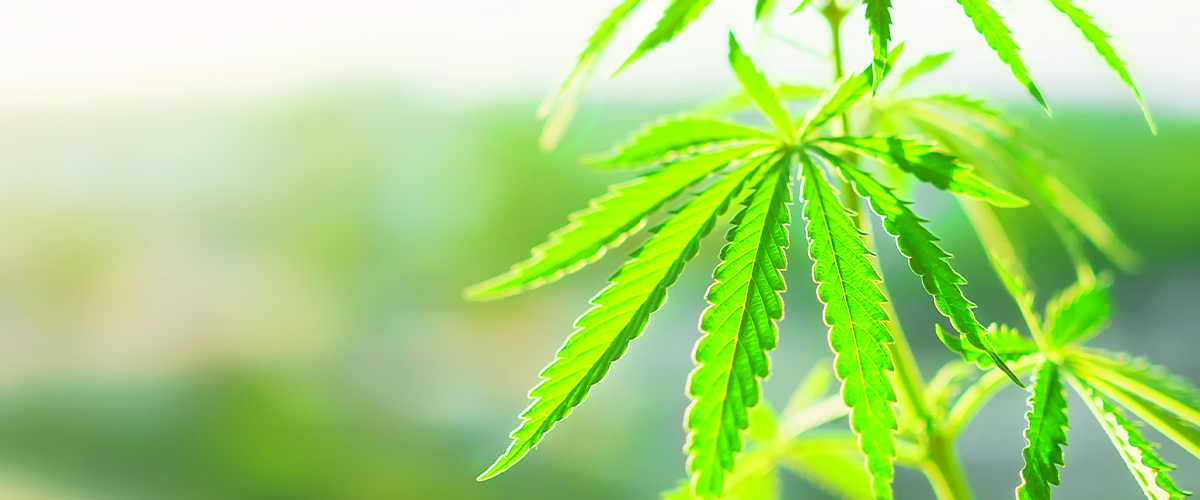The USDA opened its public comment period on hemp regulation only two weeks ago and more than 600 people have responded so far. Here is a sample of them.
Hemp is poised to be one of the biggest agricultural industries in the United States and at the moment it’s a hot topic in agricultural policy. In the roughly two weeks since the U.S. Department of Agriculture (USDA) opened a comment period regarding its interim federal regulations on hemp production, more than 600 people have responded to the call and submitted comments.
U.S. Secretary of Agriculture Sonny Perdue announced the USDA had established the interim plan of the U.S. Domestic Hemp Production Program on Oct. 29. With the announcement came an invite for members of the public to share their thoughts on the regulations.
The interim final rule, or hemp regulation package, includes provisions for the USDA to approve hemp production plans from states and American Indian tribes. Regulations within the plans include licensing, requirements for how to maintain land information where hemp is produced, testing procedures for levels of delta-9 tetrahydrocannabinol (THC), and how to dispose of non-compliant plants.
The USDA also established guidelines for hemp testing and sampling. For states and American Indian territories which do not already have hemp production plans, the interim rule establishes a federal plan for those sites.
Hemp is a plant species containing less than 0.3 percent of the compound THC and under the 2018 Farm Bill was defined as an agricultural commodity. The bill legalized hemp in the U.S. for any use, including extraction for the now booming CBD oil industry. U.S. hemp production has more than quadrupled in the past year.
The 60-day comment period is open until Dec. 30. Submit a comment here.
Sampling of Public Comments
Several issues about the interim hemp rule are standing out in public comments so far.
Chief among them is the 0.3 percent limit on THC levels in hemp plants. Sherri Janzen, a hemp farmer in Oregon, highlighted this point in a Nov. 14 comment stating that the “THC level limit is going to cut off the hemp industry at the knees.”
“Plants that produce the higher levels of CBD that make it worth it to grow, also push out some level of THC,” she wrote. “The genetics are just not here yet for us to be able to get seeds that can guarantee no THC levels. The anxiety this is causing among farmers is so unnecessary and ridiculous.”
Gaven Hammett, a Tennessee hemp farmer shared a similar point of view on the THC limits, calling the .3 percent limit unrealistic.
“The original Hemp thc testing procedures involved the collection of leaf, stem and flower on the entire plant not just the tops of flowers as these regulation(s) describe. Therefore, this practice is arbitrary and negatively biased towards discovering higher levels of THC. A total thc of .3 is unrealistic and should at lest be 1% total thc. Hemp seed compliant with .3 total thc is extremely rare and valued less,” Hammett stated in a Nov. 17 comment.
Christopher Gromek from Washington State argued that hemp growers should be given an opportunity to address any hemp crops containing too high levels of THC, which he referred to as “hot” hemp, before they’re forced to rip them up and throw them out.
“The USDA should allow farmers to remediate THC levels in ‘hot’ hemp by allowing them to (through sunlight/time etc. degrade the THC levels in their hemp until they are suitable for sale,” Gromek wrote in his comments submitted on Nov. 6. “If farmers are allowed to remediate ‘hot’ hemp prior to sale, they’ll still be able to utilize most currently available genetic stock, while simply adding a processing requirement to ensure hemp of required THC levels is being sold.”
Another issue rising is associated with the social justice aspect of cannabis reform. An anonymous commenter responded to the proposed 10-year ban on being a “key principal” of a hemp business for those with felony drug convictions.
“These regulations are a relic of prohibition, and will force honest small-scale farmers out of the market by placing the burden of unnecessary risks and costs onto them. While I personally am not effected by the felony ban, it is inconceivable that those most negatively impacted from prohibition would be barred from participating in the new legal economy,” the commenter wrote on Oct. 31.
More on Hemp
Take a look back at the evolution of hemp in the U.S. by reading History Of Hemp In America. Find more cannabis news about policy, business and scientific research by visiting our news page.






